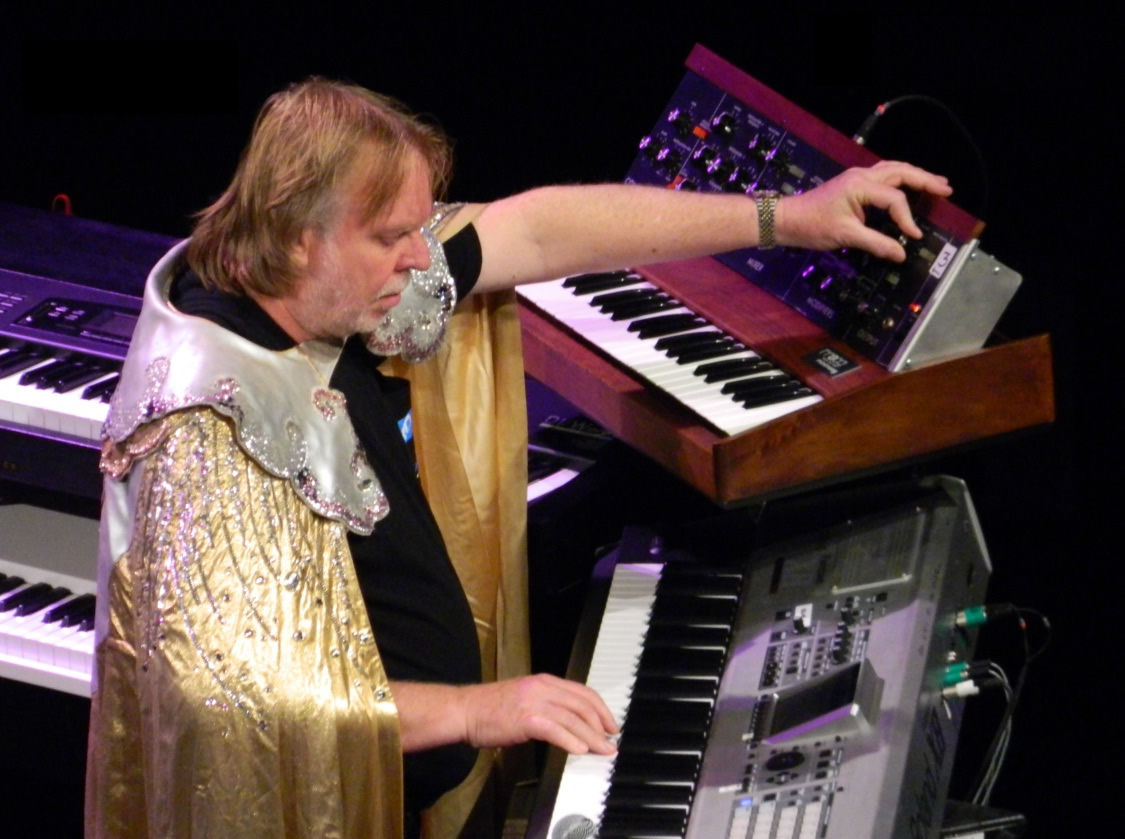|
Changes (David Bowie Song)
"Changes" is a song by English singer-songwriter David Bowie, originally released on his 1971 album ''Hunky Dory''. RCA Records then released it as a single from the album on 7 January 1972. Written following his promotional tour of America in early 1971, "Changes" was recorded at Trident Studios in London between June and July that year. Co-produced by Bowie and Ken Scott, it featured Strawbs member Rick Wakeman on piano and the musicians who would later become known as the Spiders from Mars: guitarist Mick Ronson, bassist Trevor Bolder and drummer Mick Woodmansey. The song also marks the first instance of Bowie playing the saxophone on one of his recordings. At this point in his career, Bowie had experimented with numerous musical styles, all of which failed to earn him stardom. The lyrics of "Changes" reflect this, with the first verse focusing on the compulsive nature of artistic reinvention and distancing oneself from the rock mainstream. The second verse concerns clashes ... [...More Info...] [...Related Items...] OR: [Wikipedia] [Google] [Baidu] |
David Bowie
David Robert Jones (8 January 194710 January 2016), known professionally as David Bowie ( ), was an English singer-songwriter and actor. A leading figure in the music industry, he is regarded as one of the most influential musicians of the 20th century. Bowie was acclaimed by critics and musicians, particularly for his innovative work during the 1970s. His career was marked by reinvention and visual presentation, and his music and stagecraft had a significant impact on popular music. Bowie developed an interest in music from an early age. He studied art, music and design before embarking on a professional career as a musician in 1963. "Space Oddity", released in 1969, was his first top-five entry on the UK Singles Chart. After a period of experimentation, he re-emerged in 1972 during the glam rock era with his flamboyant and androgynous alter ego Ziggy Stardust (character), Ziggy Stardust. The character was spearheaded by the success of Bowie's single "Starman (song), Starma ... [...More Info...] [...Related Items...] OR: [Wikipedia] [Google] [Baidu] |
Art Pop
Art pop (also typeset art-pop or artpop) is a loosely defined style of pop music influenced by art theories as well as ideas from other art mediums, such as fashion, fine art, cinema, and avant-garde literature. The genre draws on pop art's integration of high and low culture, and emphasizes signs, style, and gesture over personal expression. Art pop musicians may deviate from traditional pop audiences and rock music conventions, instead exploring postmodern approaches and ideas such as pop's status as commercial art, notions of artifice and the self, and questions of historical authenticity. Starting in the mid-1960s, British and American pop musicians such as Brian Wilson, Phil Spector, and the Beatles began incorporating the ideas of the pop art movement into their recordings. English art pop musicians drew from their art school studies, while in America the style drew on the influence of pop artist Andy Warhol and affiliated band the Velvet Underground. The style woul ... [...More Info...] [...Related Items...] OR: [Wikipedia] [Google] [Baidu] |
Nightclub
A nightclub (music club, discothèque, disco club, or simply club) is an entertainment venue during nighttime comprising a dance floor, lightshow, and a stage for live music or a disc jockey (DJ) who plays recorded music. Nightclubs generally restrict access to people in terms of age, attire, personal belongings, and inappropriate behaviors. Nightclubs typically have dress codes to prohibit people wearing informal, indecent, offensive, or gang-related attire from entering. Unlike other entertainment venues, nightclubs are more likely to use bouncers to screen prospective patrons for entry. The busiest nights for a nightclub are Friday and Saturday nights. Most nightclubs cater to a particular music genre or sound for branding effects. Some nightclubs may offer food and beverages (including alcoholic beverages). History Early history In the United States, New York increasingly became the national capital for tourism and entertainment. Grand hotels were built for upsca ... [...More Info...] [...Related Items...] OR: [Wikipedia] [Google] [Baidu] |
Life On Mars (song)
"Life on Mars?" is a song by English singer-songwriter David Bowie, first released on his 1971 album ''Hunky Dory''. In 1968, Bowie was commissioned to write English lyrics for the Claude François French song "Comme d'habitude". After his lyrics were rejected, songwriter Paul Anka rewrote it into "My Way", made famous by singer Frank Sinatra in 1969. Annoyed at the success of "My Way", Bowie used the song as a template and wrote "Life on Mars?" as a parody of Sinatra's recording. It was written primarily on piano and recorded on 6 August 1971, the final day of the ''Hunky Dory'' sessions. Co-produced by Bowie and Ken Scott, the backing band consisted of guitarist Mick Ronson, bassist Trevor Bolder and drummer Mick Woodmansey; Ronson also composed the song's string arrangement. Piano was played by Strawbs member Rick Wakeman. Musically, "Life on Mars?" is described as a "soaring, cinematic ballad". Primarily glam rock, with elements of cabaret and art rock, the song ... [...More Info...] [...Related Items...] OR: [Wikipedia] [Google] [Baidu] |

.png)

.jpg)
